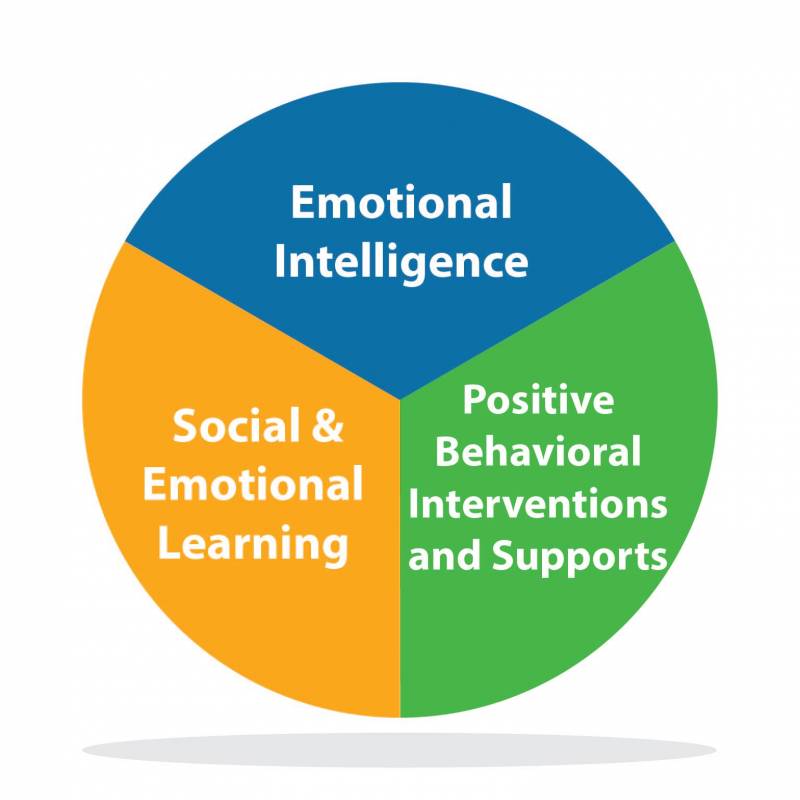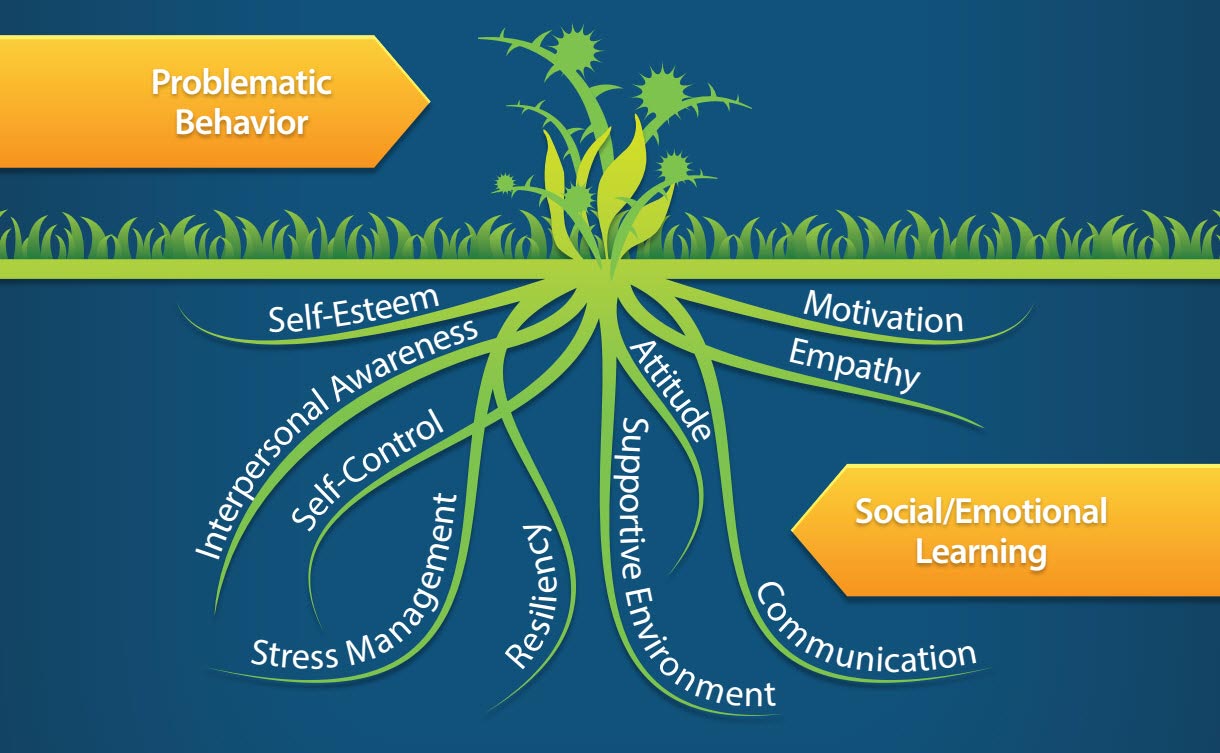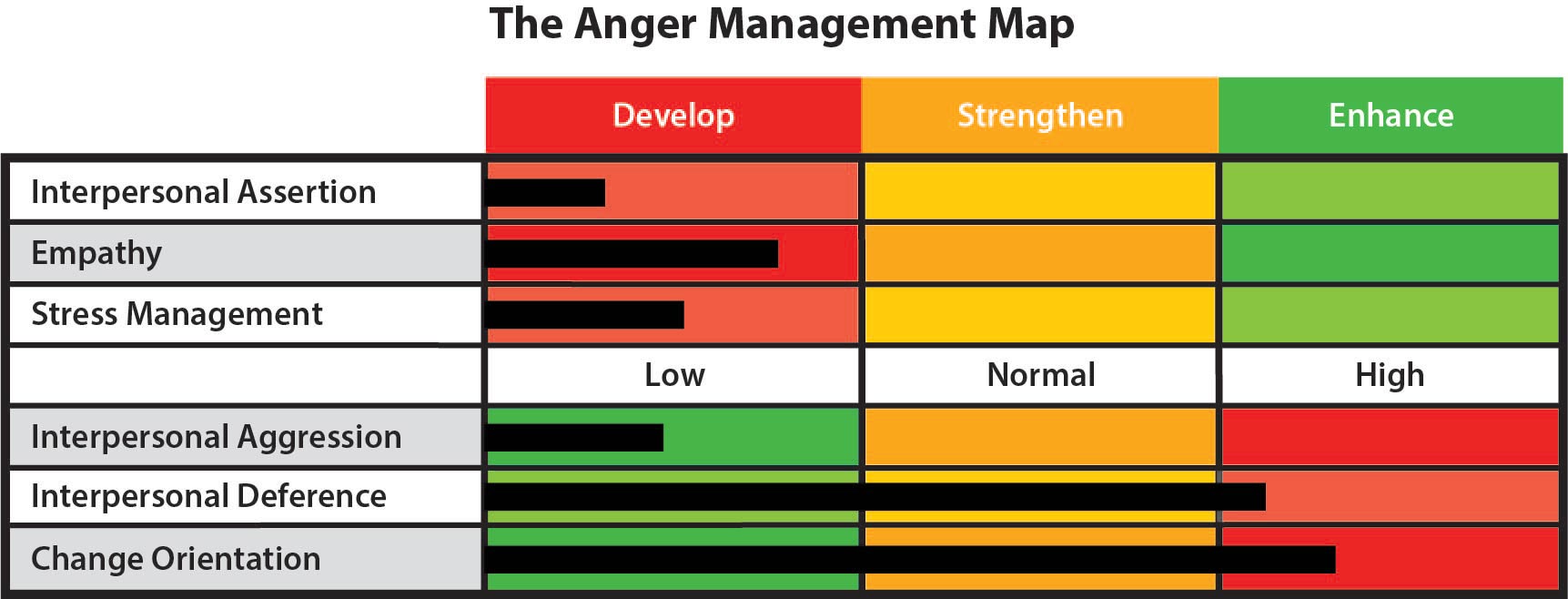
What is Social and Emotional Learning (SEL)?
Social and Emotional Learning is also referred to as Emotional Intelligence (EQ). Emotional intelligence is the term used worldwide when referring to social and emotional learning and development. Emotional intelligence is a learned ability to identify, experience, understand, and express human emotions in healthy and productive ways. Emotional intelligence skills are primary factors of motivation and the gateway to lifelong learning and high levels of achievement. Emotional experience and expression are unique to each person. No two people think, feel, and act in exactly the same way.
Worldwide research indicates that emotional intelligence skills are essential to all learning (Low, Gary, and Nelson, Darwin. Understanding and Improving Emotional Skills. Kingsville: Texas A&M University, 1999).
Individuals differ in their abilities to perceive, understand, and use emotion as a source of information. This ability is emotional intelligence. (Peter Salovey & Jack Mayer, 1990.)

What is Positive Behavioral Interventions and Supports (PBIS)
Positive Behavioral and Interventions and Supports (PBIS) is a framework for providing a range of systemic and individualized strategies for achieving important academic and behavioral outcomes while preventing problem behaviors. Schools that apply PBIS establish clear school-wide expectations for behavior which are taught, modeled and reinforced by all staff. PBIS was originally developed as a way to work with students and other individuals with developmental disorders in various settings and was an alternative to punishment-based interventions. Over time, PBIS was expanded to address the larger community as a school-wide approach, recognizing that individuals with disabilities do better when the whole environment supports positive behavior. PBIS does not prescribe specific teaching practices, which allows schools to choose practices and programs that fit their characteristics. (Collaborative for Academic, Social, and Emotional Learning, CASEL,2010.)

Developing Emotionally Healthy People
The rapid rate of change in our society provides a solid case for the need to develop emotionally healthy people in our schools and workplaces. Individuals learn and work best in environments that are physically and emotionally safe. Building effective learning and work environments involves emotional intelligence skills that are vital to improving human performance and healthy organizations.
Successful organizations must provide an atmosphere that will enable peak performance for all of their members, not just some of their members. For any organization to be successful there must be a commitment to develop emotionally healthy members within all levels of the organization. It is the number one goal for both SEL and PBIS to help individuals develop healthy personalities.
Assessments Drive Interventions
At the core of an emotional intelligence system are research-based assessments and skill interventions. This should also true with any quality PBIS program. Results of the assessments will trigger interventions that are directly in line with the needs of the participant. Keep in mind that the root cause of any problematic behavior is related to how the participant thinks and feels about themselves and others around them.
In order to get at the root cause of one’s problematic behaviors it is necessary to use a solid research-based EQ assessment that is linked to a skill intervention system.

Core Beliefs about Emotional Intelligence and Positive Behavioral Interventions and Supports
Here is a short summary of what was learned in our 40 years of research and development on EQ and PBIS:
- Emotional intelligence is the most important variable influencing personal behavior, achievement and success and is the key to a healthy personality.
- Emotional intelligence is a learned ability requiring a systematic, experienced-based approach to assessment and learning.
- Educational institutions do not provide a practical and systematic model to assess and learn emotional intelligence skills.
- Learning emotional knowledge and skills requires an intentional, active, learner-centered assessment and skill intervention process linked to self-directed interventions, mentoring and visualization.
- Emotional intelligence consists of specific skills, behaviors and attitudes that can be assessed and taught, learned, applied and modeled to improve personal behaviors, achievement and school and career success.
- Improving emotional intelligence improves understanding of self and others which improves personal relationships.
- Emotional intelligence skills are the essential building blocks for a healthy personality.
- Learning to control one’s emotions is at the core of all SEL and PBIS programs.
- Developing emotional intelligence reduces problematic behaviors.
- The goal of mental health is a healthy personality.
- Emotional intelligence should be at the core of all PBIS programs.
If you want to try our SEL/PBIS assessment for free click the button below.
